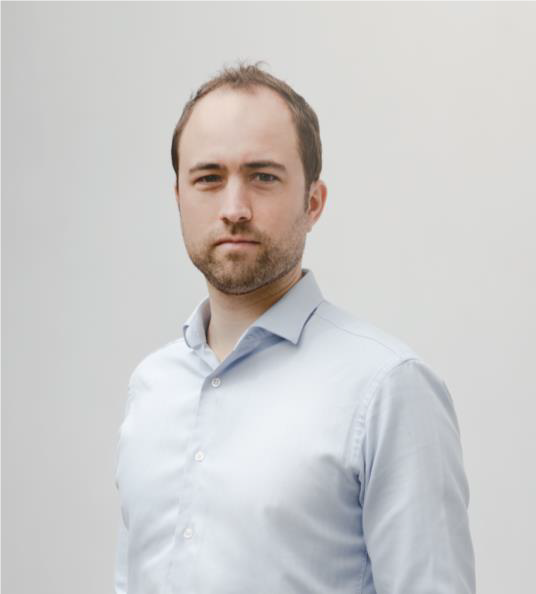
Dr. ir. Mijndert van der Spek
Associate Professor - Associate Director of Technology and System Assessment
School of Engineering & Physical Sciences, Institute of Mechanical, Process & Energy Engineering, Heriot-Watt University, Riccarton, UK
Biography
Mijndert van der Spek joined the RCCS in July 2017. He trained as an energy systems engineer and policy analyst at Delft University of Technology where he completed his MSc in 2009. After that, he joined Royal Dutch Shell in the Netherlands, working first in the supply chain optimization team of Shell Chemicals Europe and after as process technologist at the polyols plant of Shell Pernis Refinery. He pursued his PhD studies at the Copernicus Institute of Sustainable Development, where his research focused on techno-economic and environmental analysis of CCS and CCU technologies. Subsequently, he worked as postdoctoral researcher at the Separation Processes Laboratory of ETH Zürich, on CCS process design as well as CCUS system analysis.
Mijndert’s research focuses on developing the methods and tools to assess the strengths and weaknesses of climate change mitigation technologies. This includes CO2 capture and storage, CO2 utilisation, and negative emission technologies (solid sorbent based direct air capture). His work includes process modelling, design and integration (e.g. of CO2 capture plants with CO2 host plants), techno-economic-environmental assessment and uncertainty analysis (e.g. combining quantitative with qualitative methods). He is driven by improving the ways we undertake such assessments, to make them most applicable to policy and decisionmakers (both government and industry). Mijndert is a review editor for the recently founded journal Frontiers in Climate, and is an active participant in the IEAGHG Cost Network.
Roles & Responsibilities
Research interests
His main research areas are CCUS system analysis, process modelling and economics, direct air capture, uncertainty analysis.
